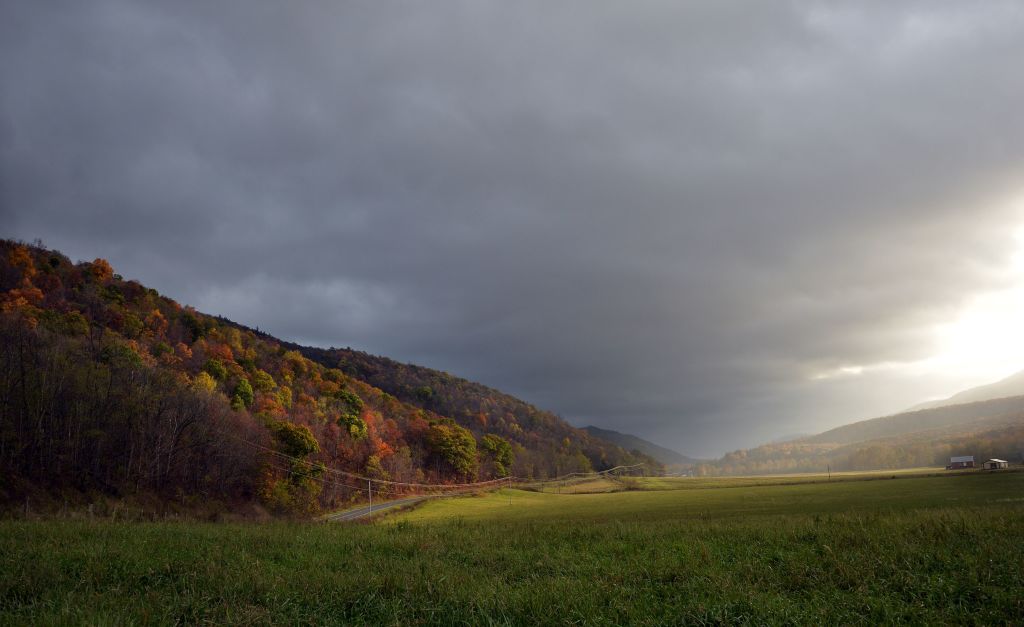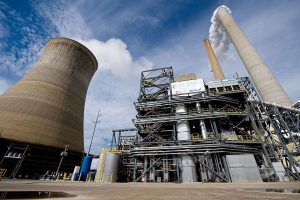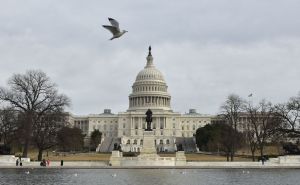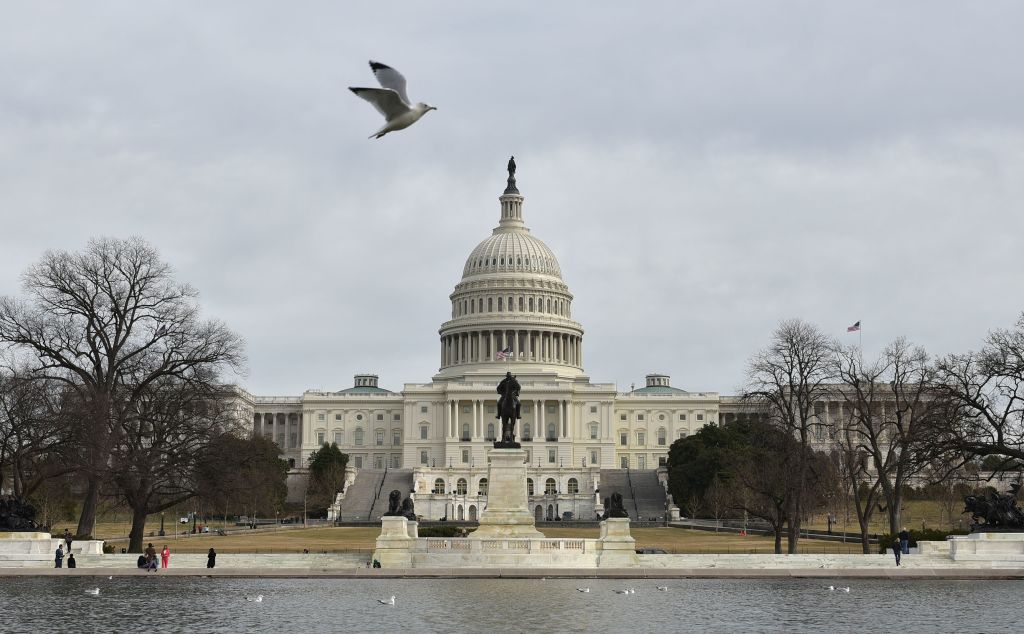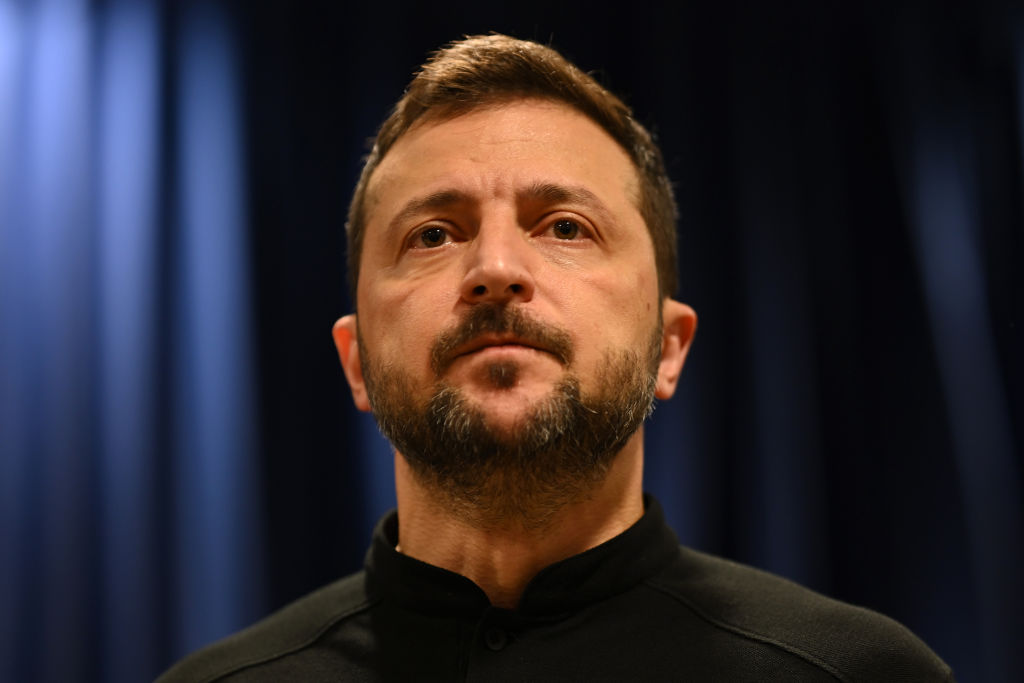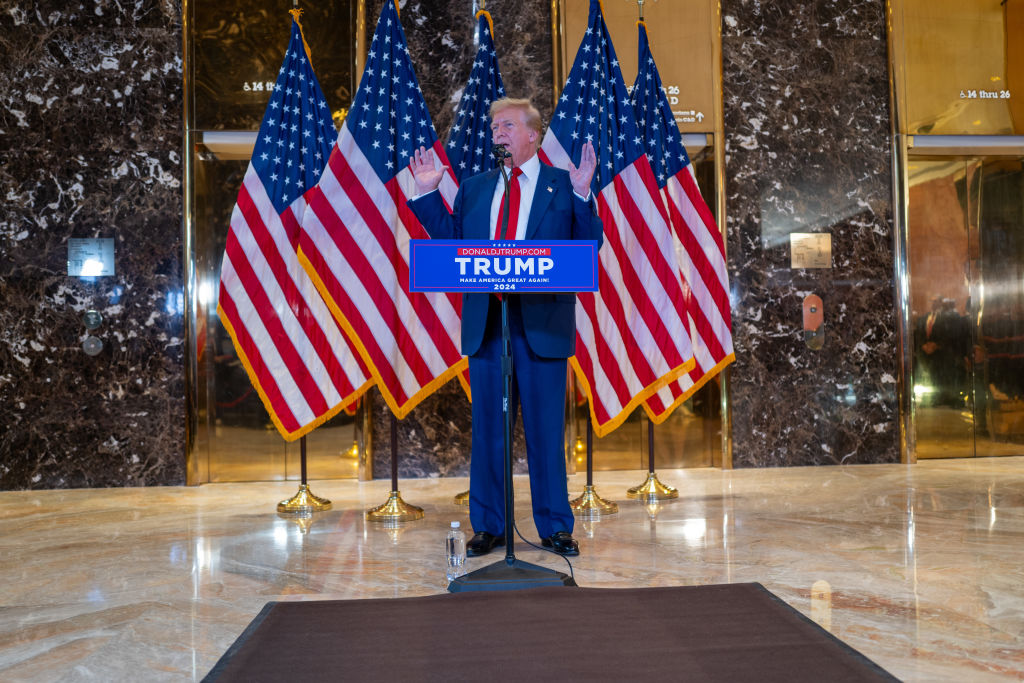Poor. Illiterate. Strung out. Those were the three words that Bette Midler used to describe West Virginia after the Mountain State’s Joe Manchin announced he would vote against Joe Biden’s Build Back Better bill. “He sold us out. He wants us all to be just like his state,” Midler said.
It’s a tale as old as time.
So, Bette, I’m giving you the old “West Virginia Salute,” raising my middle finger…and my thumb, a local gesture that depicts the state’s curious shape. I want to tell you about my home and why the rest of the nation should be just like it.
I come from the furthest point on the West Virginia thumb, Charles Town. It’s a small area where people love their high school football teams and is commonly referred to as the state’s “bedroom community” since many who live there prefer its calmness over a shorter commute to DC.
My family only came to West Virginia recently. In 2011, we packed up our lives on the East Coast and made our way to the hilly terrain of the blue and gold state.
My fiancé’s family, on the other hand, has been here for generations. They immigrated from Europe, made their way to Thomas (near the index finger’s knuckle), and immediately went to work in the coal mines.
West Virginia was cultivated during a turbulent period in our nation’s history. Yet in the first twenty years of our statehood, our population and industry grew tremendously. Much of America was built from the natural resources harvested above and below these hills — none more synonymous with West Virginia than coal.
Thanks to black gold, towns in southern West Virginia were once bustling cities. Eighty years ago, Welch, West Virginia, was known as “Little New York,” a lively community in the leading coal-producing county in the nation. It was not uncommon for streets to be packed with families and cars on weekend outings. Our state showed the nation that with a little courage, anything was possible.
West Virginia is fortunate enough to have the most diverse coal reserves on the planet, with access to high-quality metallurgical coal, an important component in global steel production. Today, however, stunted industrialization due to globalization and a Washington agenda to effectively cease the production of natural resources has caused West Virginia to suffer.
However, West Virginia only appears short on fortune, as our richness in character remains evident. Mountaineers are imbued with a strong and scrappy work ethic, profound appreciation for the beauty they live among, and a deep sense of community.
“We aren’t stupid. We are built different,” resident Floyd Baker tells me. “We have had to fight fights people in many other states will likely never have to. In roughly 160 years, we have gone from being just another region of a larger state to our own state, a forerunner in fair labor, battleground for free speech and a springboard for space travel.”
“The first time I had ever spent significant time away from West Virginia was when I moved to the DC area for grad school,” says Jessi Troyan. “Toward the end of that first semester, I decided to make a trip back to visit friends in Morgantown.”
“Naturally, I had ‘Take Me Home, Country Roads’ lined up to play on my iPod as my first song on the right side of the state line, too,” she says. “When ‘the place I belong…’ hit in the chorus, I lost all composure. I had to stop on the side of the highway to shed my tears of gratitude that I was back home, I was in the place I belonged. I’ll never forget that feeling. It absolutely cemented my identity as a West Virginian.”
West Virginia expatriates, like myself, will often bring up that they’re from the state. It’s the kind of place that will tear you down just to put you back together again in all the right ways.
“My absolute favorite thing about West Virginia is the ‘we take care of one another’ mentality,” says John Bethard. “Stuck on the road? Someone will stop. A loved one passes away? People will come and be with you, bring food, etc. Too sick to mow the lawn? A simple post will result in not one but many people stepping up to help, often people we don’t know.”
West Virginia is the kind of place where it’s impossible to be alone, even when you want to be. The communities within these mountains are the very bedrock of what it means to “love thy neighbor.”
In the right moments, it’s not the taste of moonshine that’s a little misty, but the eyes of every mountaineer when hearing the familiar chords of John Denver’s ubiquitous tune. It’s not simply a place of origin, but a state of being.
Bette Midler should be so lucky to have these country roads take her home.



